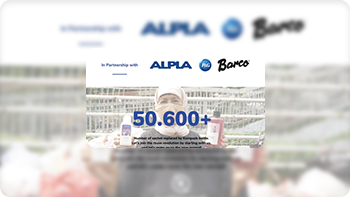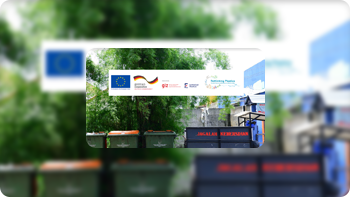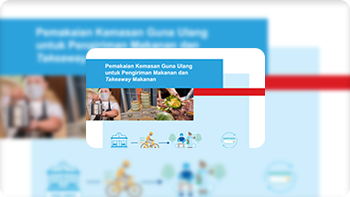- pdf: https://rethinkingplastics.eu/media/acfupload/executive-summary-study-p75-2019-recycling-giz-rev3.pdf
- Key Area: Waste Management
- Text Body 1:
The Roadmap for Waste Reduction by Producers (PermenLHK 75/2019) is an instrument that encourages producers as key actors in the upstream segment of the value chain of a product/packaging to expand the responsibilities for their products from the design stage down to the waste management of post-consumer products/packaging. However, an effective implementation can only be achieved if all parties involved have the same understanding on aspects related to the waste reduction concept, which include: recycling rate and its measurement, minimum content of recycled materials in product packaging, and product packaging labels. This document seeks to provide input that can be used for formulating criteria for the above mentioned aspects in Indonesia, and subsequently mainstreamed into the derived guidelines of PermenLHK 75/2019.
This document seeks to provide input that can be used for formulating criteria for recycling rates, minimum content of recycled materials, and packaging labels in Indonesia, and subsequently mainstreamed into the derived guidelines of PermenLHK 75/2019.










